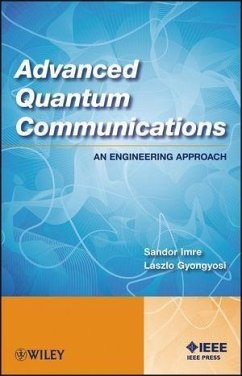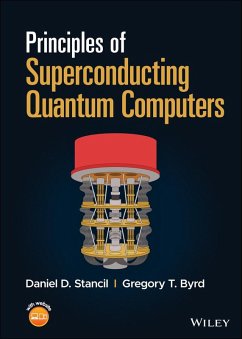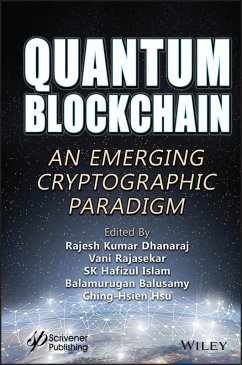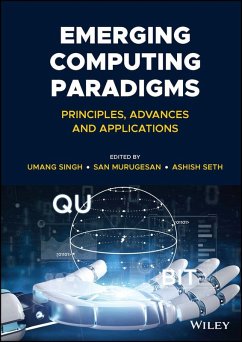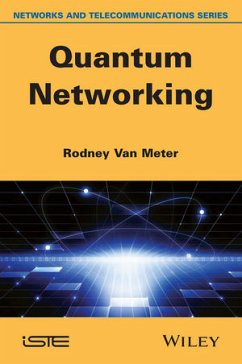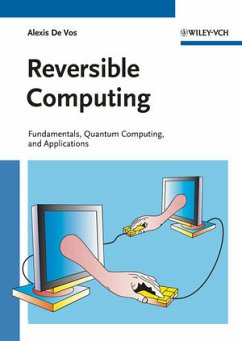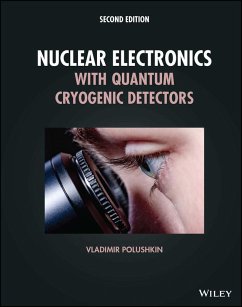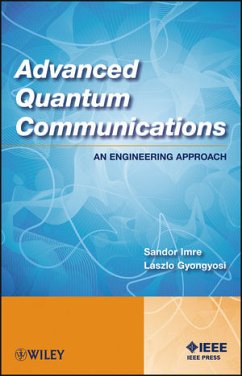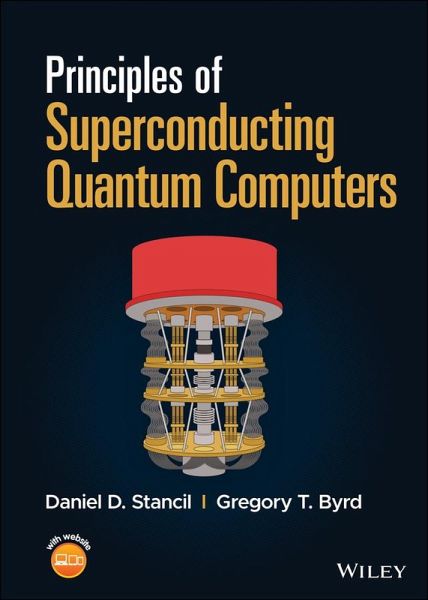
Principles of Superconducting Quantum Computers (eBook, ePUB)
Versandkostenfrei!
Sofort per Download lieferbar
83,99 €
inkl. MwSt.
Weitere Ausgaben:

PAYBACK Punkte
0 °P sammeln!
Explore the intersection of computer science, physics, and electrical and computer engineering with this discussion of the engineering of quantum computers In Principles of Superconducting Quantum Computers, a pair of distinguished researchers delivers a comprehensive and insightful discussion of the building of quantum computing hardware and systems. Bridging the gaps between computer science, physics, and electrical and computer engineering, the book focuses on the engineering topics of devices, circuits, control, and error correction. Using data from actual quantum computers, the authors il...
Explore the intersection of computer science, physics, and electrical and computer engineering with this discussion of the engineering of quantum computers In Principles of Superconducting Quantum Computers, a pair of distinguished researchers delivers a comprehensive and insightful discussion of the building of quantum computing hardware and systems. Bridging the gaps between computer science, physics, and electrical and computer engineering, the book focuses on the engineering topics of devices, circuits, control, and error correction. Using data from actual quantum computers, the authors illustrate critical concepts from quantum computing. Questions and problems at the end of each chapter assist students with learning and retention, while the text offers descriptions of fundamentals concepts ranging from the physics of gates to quantum error correction techniques. The authors provide efficient implementations of classical computations, and the book comes complete with a solutions manual and demonstrations of many of the concepts discussed within. It also includes: * A thorough introduction to qubits, gates, and circuits, including unitary transformations, single qubit gates, and controlled (two qubit) gates * Comprehensive explorations of the physics of single qubit gates, including the requirements for a quantum computer, rotations, two-state systems, and Rabi oscillations * Practical discussions of the physics of two qubit gates, including tunable qubits, SWAP gates, controlled-NOT gates, and fixed frequency qubits * In-depth examinations of superconducting quantum computer systems, including the need for cryogenic temperatures, transmission lines, S parameters, and more Ideal for senior-level undergraduate and graduate students in electrical and computer engineering programs, Principles of Superconducting Quantum Computers also deserves a place in the libraries of practicing engineers seeking a better understanding of quantum computer systems.
Dieser Download kann aus rechtlichen Gründen nur mit Rechnungsadresse in A, B, BG, CY, CZ, D, DK, EW, E, FIN, F, GR, HR, H, IRL, I, LT, L, LR, M, NL, PL, P, R, S, SLO, SK ausgeliefert werden.




